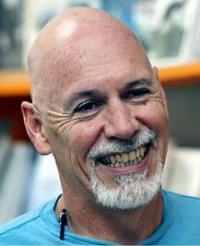RESPECT: Responsible & Ethical Cuba Travel: An Association of U.S. Travelers to Cuba
April 19, 2019
RESPECT Statement on New Trump Cuba Policy
National Security Advisor John Bolton’s statement on new policy guidelines for Cuba is a continuum of historical efforts to maintain the Monroe Doctrine of 1823 and disrupt and undermine an independent country. The campaign against Cuba dates back to the Cuban Revolution of 1959 and has continued fairly unabated with a United States blockade in place despite the condemnation of this blockade by the overwhelming majority of countries in the United Nations General Assembly, as well as the majority of the American people.
Beginning in 2012 and culminating with the meeting of Presidents Barack Obama and Raul Castro in December of 2014, the United States and Cuba made positive steps towards normalizing diplomatic relations, respecting the territorial integrity of each country and allowing more freedom to travel for citizens of both the United States and Cuba.
Since the election in 2016, the Trump Administration has been unraveling and reversing this tremendous progress by employing a new policy of scare tactics and misinformation campaigns.
These new efforts to strengthen the illegal Helms-Burton Act and limit family remittances are mired in the Cold War thinking and policy that are violations of the civil and human rights of American and Cuban citizens. The use of the anniversary of the failed and notorious Bay of Pigs invasion of 1961 for the delivery of these regulations clearly defines a policy towards Cuba that is lost in the Cold War of more than 60 years ago. It is a further irony that the Administration chose to announce this new policy on the same week that the report has been partially released outlining the efforts of a foreign country to meddle and to violate in the sovereignty of the United States.
The RESPECT founding charter of 2016 dedicates non-profit entities, travel agents, tour operators and other travel service providers to promoting ethical and socially responsible travel to Cuba. We understand that our relations with Cuba are framed in developing mutual understanding and learning through first hand experiences. We are committed to the right of all US citizens and residents to travel to Cuba and we strongly advocate for the lifting of all US governmental travel restrictions to the island.
RESPECT CO-Coordinators:
Walter Turner, Gail Walker, Bob Guild

